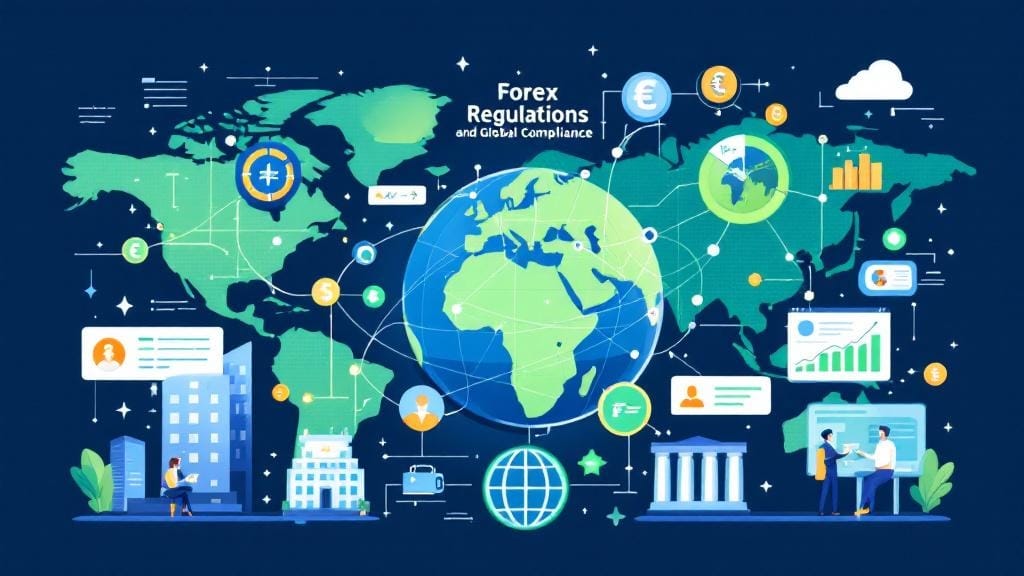As retirement sets in, financial freedom should be the goal—not financial stress. Yet, many older adults find themselves burdened with debt, from credit cards to medical bills. If you or a loved one are facing this challenge, you’re not alone. The good news? Debt help for seniors is not only available—it’s often tailored specifically for retirees on fixed incomes.
In this guide, we’ll walk you through the best financial solutions available, including senior citizen debt relief programs, government support, and smart strategies to help you regain peace of mind.
Why Seniors Are Struggling With Debt in Retirement
The idea of growing older and retiring used to mean slowing down and living comfortably. But today, that vision has shifted for many. Let’s look at why debt among the elderly is becoming increasingly common.
The Aging Population and Debt: A Growing Concern
According to a Federal Reserve report, debt levels for adults aged 65+ have increased dramatically in the last decade. Here’s why:
-
Medical bills are rising even with Medicare coverage.
-
Fixed income seniors often rely solely on Social Security, making it harder to pay off past debts.
-
Many older adults support adult children or grandchildren financially.
-
Some turn to credit cards or personal loans to manage daily living costs.
Common Types of Debt Among Seniors
Understanding the kind of debt seniors carry can help shape the best strategy for relief.
1. Credit Card Debt
This is the most common type of unsecured debt for seniors. Minimum payments and high APRs can eat into monthly budgets.
2. Medical Debt
Despite Medicare, seniors often face out-of-pocket expenses for prescriptions, surgeries, or extended care.
3. Mortgage and Housing Debt
Some retirees still owe on their home or have taken out a reverse mortgage for debt relief.
4. Personal and Payday Loans
Used as short-term fixes, these can spiral out of control without proper planning.
Best Debt Help Solutions for Seniors
Let’s explore effective debt assistance for elderly Americans that can help lower payments, reduce stress, and preserve retirement savings.
1. Credit Counseling Services
A certified credit counselor can review your finances and help you create a realistic budgeting plan for retirees. They can also recommend the best programs for:
-
Debt management
-
Consolidation
-
Interest rate negotiation
Look for non-profit credit counseling services that specialize in helping seniors.
2. Debt Consolidation for Seniors
Debt consolidation involves combining multiple debts into one monthly payment—usually at a lower interest rate. This can be a game-changer for seniors juggling:
-
Credit card debt
-
Medical bills
-
Personal loans
⚠️ Caution: Always verify if the consolidation comes with fees or hidden terms.
3. Government Debt Relief for Seniors
While there’s no blanket federal program that erases senior debt, several resources can help:
-
Supplemental Security Income (SSI) for low-income seniors
-
HEAP (Home Energy Assistance Program) to cut utility bills
-
Medicaid assistance for medical debt
-
Nonprofit elderly debt support programs backed by the government
You may also qualify for state-specific debt help programs.
4. Retirement Debt Solutions: Reverse Mortgages
A reverse mortgage allows homeowners aged 62+ to tap into home equity without monthly payments. Funds can be used to:
-
Pay off existing debt
-
Cover medical bills
-
Manage living expenses
📌 Tip: Consult a HUD-approved counselor before applying.
5. Senior Bankruptcy Options
When all else fails, bankruptcy may be a last resort. While it has serious implications, it can eliminate:
-
Unsecured debts (credit cards, medical bills)
-
Collections harassment
Options include:
-
Chapter 7 bankruptcy (liquidation)
-
Chapter 13 bankruptcy (repayment plan)
📢 Seniors with little to no assets may qualify for a “no asset” Chapter 7, meaning creditors get nothing, and your debt is discharged.
Smart Financial Planning in Retirement
Avoiding debt is easier with proactive money management. Even small changes can make a big difference.
Budgeting Tips for Retirees
-
Track spending for 30 days
-
Prioritize needs over wants
-
Use cash instead of credit cards
-
Eliminate non-essential subscriptions
-
Set a monthly debt repayment goal
Emergency Fund Strategy
While building an emergency fund on a fixed income can be hard, even $25/month adds up. This can help you avoid using credit cards in a pinch.
Talk to Family
Many seniors hesitate to talk about debt with their children. But having a trusted person help you organize finances can prevent costly mistakes.
How to Choose the Right Debt Relief Option
Each person’s financial picture is unique. Use these steps to make the right choice:
-
Assess your total debt: List balances, interest rates, and monthly payments.
-
Evaluate your income: Include pensions, Social Security, savings.
-
Compare debt relief options: Prioritize those with minimal risk and fees.
-
Consult professionals: Look for certified credit counselors or financial planners with experience in senior debt relief.
✅ Real-Life Example
Meet Harold, 72
Harold had $18,000 in credit card debt and lived on Social Security and a small pension. He worked with a nonprofit credit counselor who helped him enroll in a debt management plan. Within three years, his interest rates dropped from 21% to 8%, and his debt was gone.
📌 FAQs About Debt Help for Seniors
1. What is the best debt relief option for fixed income seniors?
The best option depends on your situation. For many, a debt management plan through a credit counseling service works well. Others may benefit from debt consolidation or government assistance.
2. Can Social Security be garnished for unpaid debt?
Generally, no. Social Security income is protected from most creditors. However, it can be garnished for federal debts like taxes or student loans.
3. Is credit card debt help for seniors available?
Yes. Many nonprofit agencies offer credit card debt help for seniors, including lower interest rates and single monthly payments via debt management plans.
4. How can I reduce debt after retirement on a low income?
-
Cut unnecessary expenses
-
Seek help from low income senior debt help programs
-
Consolidate high-interest debts
-
Consider reverse mortgage options (if you own a home)
5. Are there special programs for senior citizen debt relief?
Yes. Many local and national organizations offer senior-specific debt programs, including elderly debt support programs and financial help for seniors with debt.
6. Should I consider bankruptcy if I’m retired?
Senior bankruptcy options exist and may be viable if your debt is unmanageable and your income/assets are limited. Speak to a bankruptcy attorney who understands senior finances.
7. What are unsecured debts in old age, and how do I manage them?
Unsecured debts include credit cards, personal loans, and medical bills. These are manageable through counseling, consolidation, or in some cases, forgiveness programs.
🔚 Final Thoughts: You Deserve a Debt-Free Retirement
Navigating debt help for seniors doesn’t have to be overwhelming. Whether you’re dealing with credit card debt, medical expenses, or just trying to stretch a fixed income, there are real, compassionate solutions available.
By understanding your options—from government programs to credit counseling and consolidation—you can take control of your financial future and enjoy your retirement with peace of mind.








Comments (0)